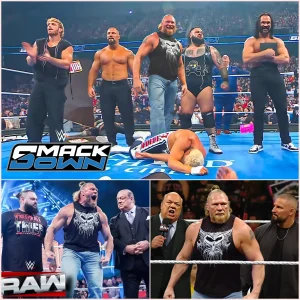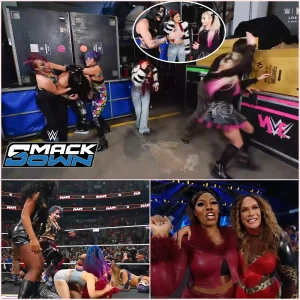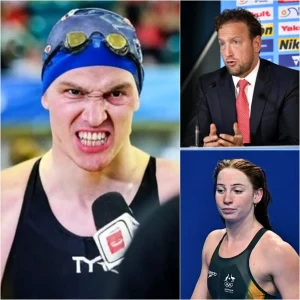In the verdant heart of Newmarket, where the thunder of hooves echoes like a perpetual heartbeat, a quiet revolution has unfolded. Brian Rouse, the unassuming jockey whose late-blooming career etched him into horse racing lore, passed away on November 11, 2025, at the age of 85, after a valiant six-year battle with Alzheimer’s disease.
Yet, in the shadow of his death, a final act of profound generosity has emerged, casting a luminous glow over the sport he loved. Rouse, ever the reluctant hero, willed his entire estate—valued at an estimated £2.5 million—to the Rouse Legacy Academy, a tuition-free horse racing program he founded in 2010 for underprivileged children. The bequest, which includes provisions for select academy staff, has left the tight-knit community in tears, revealing the depth of a man who preferred the stable’s hush to the spotlight’s glare.
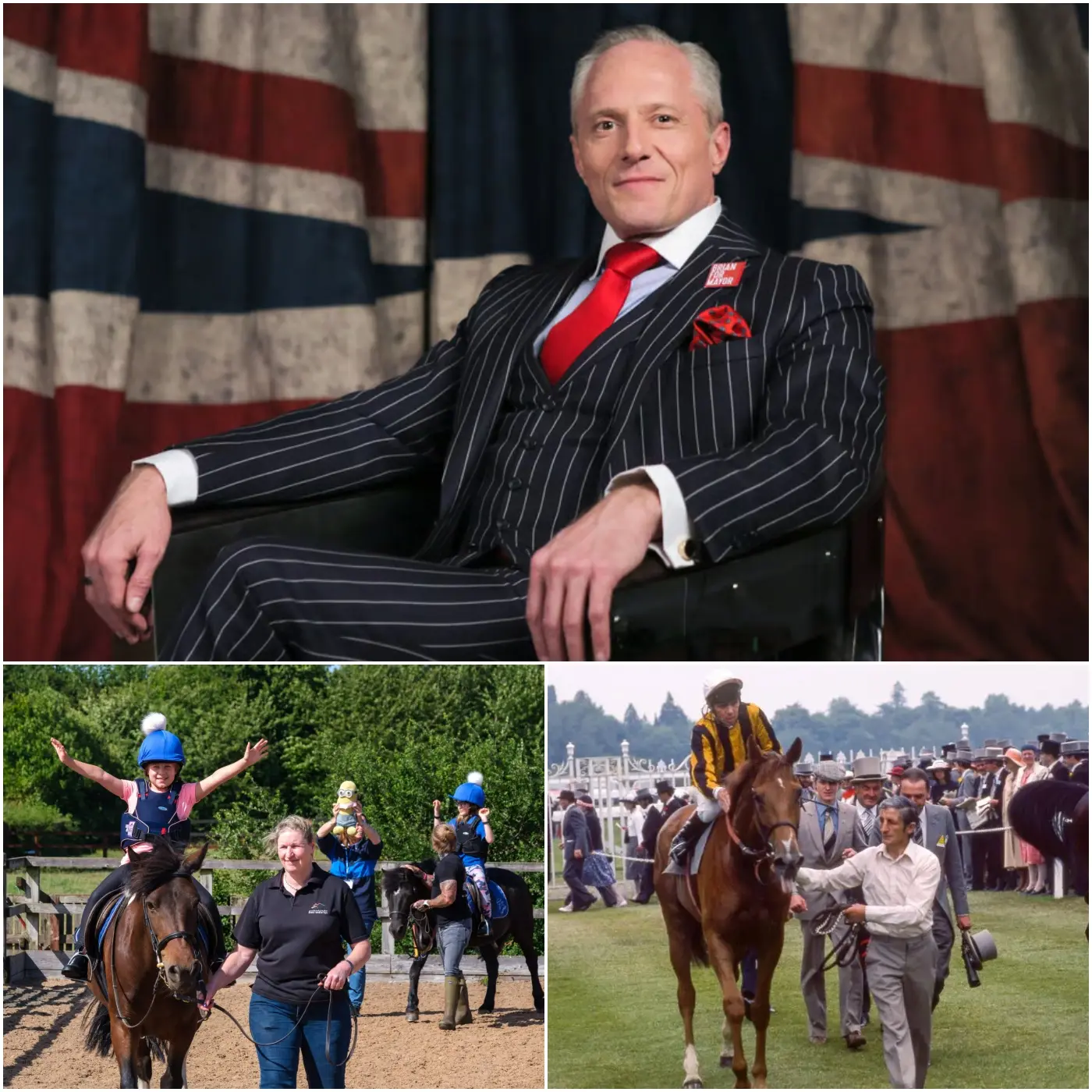
Born on April 5, 1940, in Kensington, London, to a family rooted in Fulham’s working-class streets, Rouse’s path to the saddle was anything but predestined. He didn’t turn professional until age 31, after years as an amateur, bucking hay bales and breaking in young horses on local farms. “I fell into it,” he once told interviewers with a wry chuckle, downplaying the grit that propelled him to over 900 victories across British tracks. His breakthrough came in the late 1970s, a period of improbable triumphs that would define him.
Aboard the steadfast Tug of War, he claimed the Northumberland Plate twice and the Goodwood Cup in 1978. Then there was Baronet, the handicapping marvel who gifted him back-to-back Cambridgeshire Handicaps in 1978 and 1980, feats his grandson, jockey Aidan Keeley, would echo decades later.
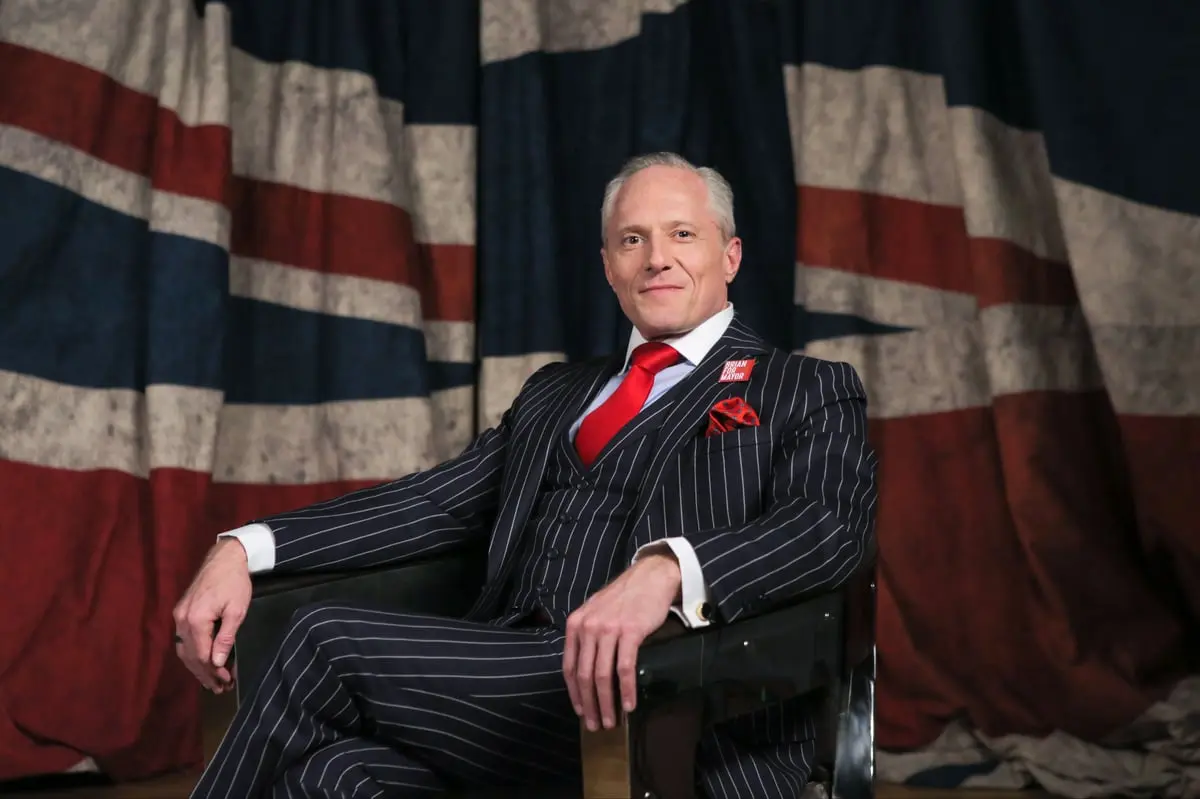
But 1980 marked Rouse’s crowning domestic glory: a neck-and-neck victory in the 1,000 Guineas on Quick As Lightning, the filly trained by John Dunlop. Rouse was the fifth-choice rider, a last-minute fill-in after more illustrious names begged off. “I was eighth reserve, if that,” he later confessed, his voice laced with the humility that endeared him to peers. The win, a gritty surge from the rear in a field of 23, catapulted him into the elite echelons of Flat racing. It was the only British Classic of his career, yet it burned bright enough to illuminate the rest.
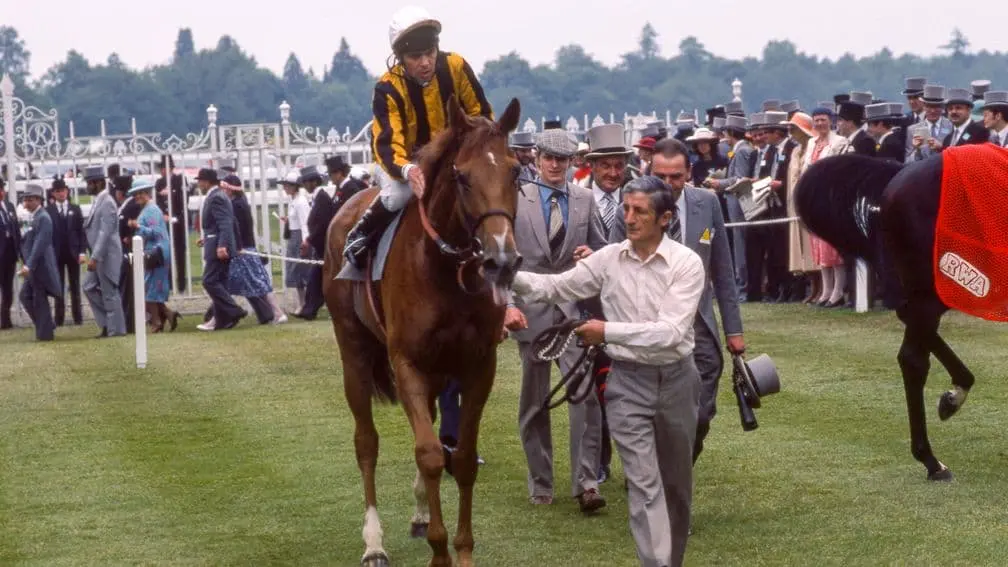
The following year, fate paired him with Stanerra, the Irish mare whose 1983 campaign remains the stuff of racing poetry. Under trainer Frank Dunne, Stanerra and Rouse stormed Royal Ascot with a double: the Prince of Wales’s Stakes on Tuesday, followed three days later by a record-shattering Hardwicke Stakes.
The mare’s mile-and-a-half clocking—still etched in Ascot’s annals—bested even Grundy’s legendary mark. Their partnership didn’t stop there. Stanerra carried Rouse to the Irish Champion Stakes and, in a transcontinental crescendo, the Japan Cup, edging out a photo-finish thriller in Tokyo. “She had fire in her soul,” Rouse would say, eyes distant, as if reliving the whip-crack rhythm of those global conquests. International accolades piled up: the Italian St. Leger, the Hong Kong Derby, and a brace of Group 1s on Teleprompter, including a near-miss in the Arlington Million.
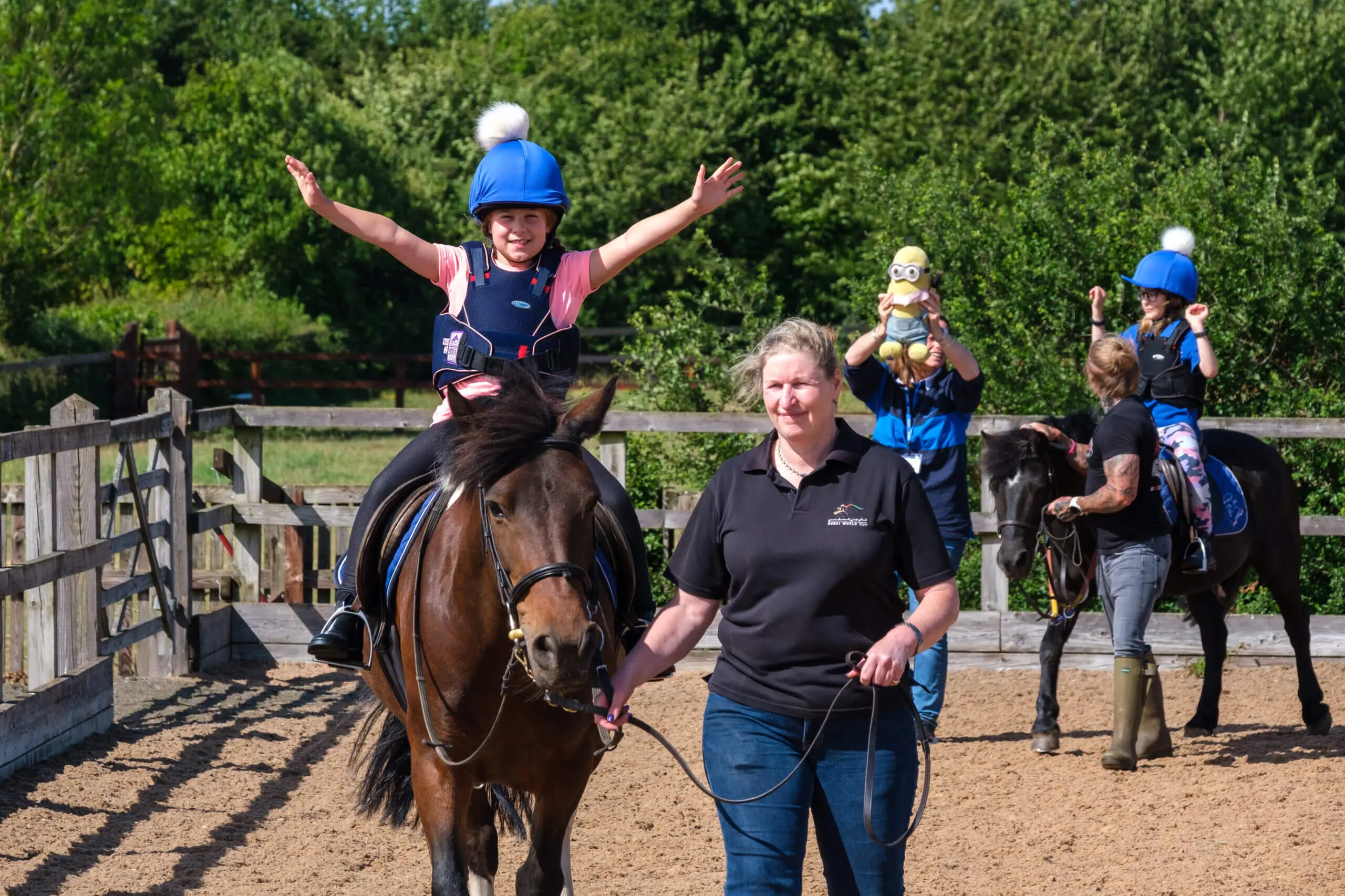
Rouse rode until 56, amassing 38 Group successes and even piloting the legendary Desert Orchid in his solitary Flat outing, the 1985 Sagaro Stakes—a ninth-place finish that belied the jumper’s turf inexperience. Retirement in the early 1990s brought no fanfare; instead, Rouse retreated to Newmarket’s fringes, where his daughters, Deborah and Fiona Keeley, cared for him in his final years. Alzheimer’s eroded his memories, but not his essence. “He’d whisper about the horses, even when names escaped him,” Deborah recalled in a tearful statement. “The track was his anchor.”
Few glimpsed the quiet philanthropy that simmered beneath Rouse’s reserved exterior. In 2010, at 70, he poured his savings into establishing the Rouse Legacy Academy on a modest plot near the July Course. Born from his own humble origins—son of a cab driver who scraped together riding fees—the academy offered free training to children from low-income families, many immigrants or from council estates. “Racing gave me wings when I had none,” Rouse wrote in the program’s founding charter.
“Now, I pass them on.” Over 15 years, it nurtured 200 young talents, providing stableside education, equine care skills, and even apprenticeships with top yards. Graduates like 19-year-old Sofia Ramirez, who now grooms for Godolphin, credit it with salvation. “Mr. Rouse saw us, really saw us,” she said. “No judgments, just a hand up.”
Behind the academy’s “halo,” as colleagues dubbed its life-changing aura, Rouse operated as a spectral guardian. Disguised in plain clothes, he visited incognito, slipping envelopes of cash to anonymous donors—retired grooms, widowed trainers—who kept the lights on. “He called them his ‘silent brigade,’” revealed academy director Elena Hargrove, a former stable lass Rouse mentored. “They’d funded scholarships without fanfare, and he’d match every pound, watching from afar.” These contributors, often too proud for credit, formed the backbone of the program. Rouse’s will, executed with meticulous care amid his declining health, ensures their legacy endures. Beyond the estate’s core—his Newmarket cottage, investments from riding endorsements, and royalties from a Stanerra documentary—it earmarks £500,000 for a staff endowment, honoring grooms and instructors who’ve toiled unpaid overtime. “This isn’t just money,” Hargrove said. “It’s his way of saying, ‘You were my family too.’”
Tributes have flooded in from the racing world. Broadcaster Derek Thompson hailed him as “a superb horseman and a lovely man.” John Dunlop’s son, Ed, remembered the “quiet steel” that won Classics. Even Aidan Keeley, echoing his grandfather’s Cambridgeshire double, vowed to ride in Rouse’s honor next season. As Newmarket’s bells toll for lost champions, the academy buzzes with renewed purpose. Children, once sidelined by poverty, now mount ponies under banners bearing Rouse’s name. In gifting his all, he didn’t just fund dreams—he immortalized the ones that birthed his own.
Rouse’s eternal soul, forged in the saddle’s sweat and the track’s dust, whispers a timeless message: Legacy isn’t in trophies or headlines, but in the unseen lifts we give. For the poor kids eyeing the horizon, and the staff who’ve held the reins steady, this final gift is more than inheritance. It’s a saddle passed, warm from the ride, urging them onward. In horse racing’s relentless gallop, Brian Rouse has dismounted, but his spirit thunders on.


